“At Berklee we teach our students to be creative: they are taking composition classes, musical theatre songwriting classes, and others so that’s our niche.”
~Kevin Bleau
A Submission Opportunity for Readings or Workshops
Deadline: 5/1/20 (submissions link below)
In future years watch for Winter submissions opportunities.
Berklee College of Music in Boston is known throughout the world for the success of its graduates. For the past six years, they have also been helping develop new musicals through their “Berklee Theater Arts Collaborative” at no cost to the writers, except possibly travel expenses to see a show in a staged reading or more advanced workshop performance.
During my Skype interview with associate professor Kevin Bleau who is heading the new musicals opportunity, I learned that for next year’s programs they are looking for works-in-progress with great music. “We’re a music school, so the music has to be strong,” Bleau noted. “If the story is not quite fleshed out, we will still consider the piece. In fact, my students and I enjoy helping writers figure out what in their musical is working and what could be improved. If time permits, we analyze each scene to determine the main idea, which character is driving the action, what’s holding her back, and the major turning points, and then we report our findings back to the writers.”
The Berklee students tend to have contemporary musical theater voices rather than operatic voices, so Bleau and his colleagues prefer shows with a more popular sound.
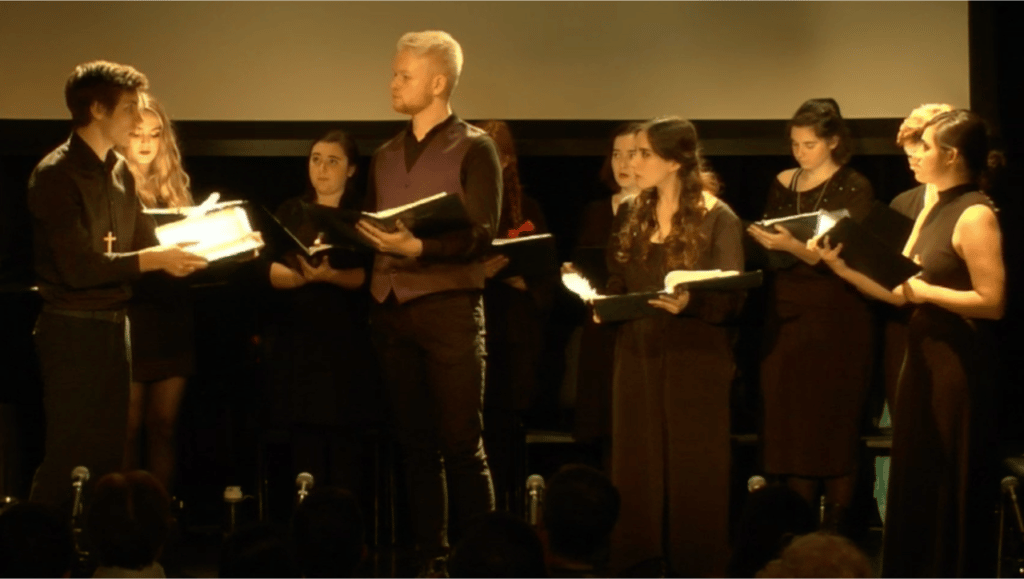
Berklee’s vocal ensemble classes involve ten or more students. Therefore, they need musicals with casts of 10-18 including ensemble members and ideally seven or more named roles.
From the pool of submitted musicals, one will be chosen for their 15-week staged reading program and another for a fuller workshop that results in a presentation with some staging and even orchestrations. And here’s where Berklee’s program takes advantage of their music students’ talents: when possible for the workshop shows, Bleau and his team assign student orchestrators. This means that a composer whose show has been accepted may have a chance to hear their work fully orchestrated and performed by a small band at the end of the process. If the composer likes the student’s work, there can be a negotiation regarding further use.
Final performances are presented publicly at various Berklee stage venues and almost always videotaped. This adds to the benefit for the writing team. Says Bleau, “The show will be developed and the writers will get a good video recording of it at the staged reading or workshop level, often with three cameras shooting from different angles. The writers can take the audio off that recording as well, if they want audio demos. They usually get a pretty good representation of their piece. And the link gets posted on Berklee’s Ustream channel for a few years.”
Bleau has been pleased with the results of the program over the past years and is happy to continue it. Other schools focus more on established musicals and perfecting performance skills. “At Berklee we teach our students to be creative: they are taking composition classes, musical theatre songwriting classes, and others so that’s our niche,” he says.
SUBMISSIONS DETAILS
First consider whether your show is appropriate here: Berklee is especially interested in musicals that lend themselves to creative casting; on the other hand, they can’t generally program small musicals with fewer than 10 actors or theater for young audiences. The writers should have completed a full draft of the piece. To be considered a new work, it can previously have received readings but should not have been fully produced. You need to be open to rewrites if the show is selected for a staged reading. (Students will rehearse with the changes before the final reading so that a writer can discover more about their show)
There is no submission fee.
To apply, go to the Berklee Theater Arts Collaborative Submissions Form. You will need to create a folder on Dropbox or Google Drive with a draft of the complete script, six or more song demos, and a clear piano-vocal score “for as much of the show as possible.”
 AND IF YOU NEED AN ARRANGER…
AND IF YOU NEED AN ARRANGER…
Kevin Bleau is a professional arranger and composer/lyricist himself. He is open to working on arrangements and is also looking for new musical theater projects. He can be reached at kbleau@berklee.edu and www.kevinbleau.com.

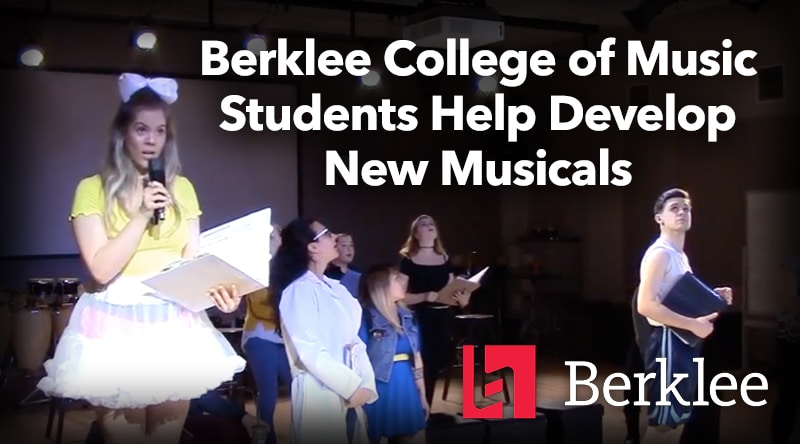
 AND IF YOU NEED AN ARRANGER…
AND IF YOU NEED AN ARRANGER…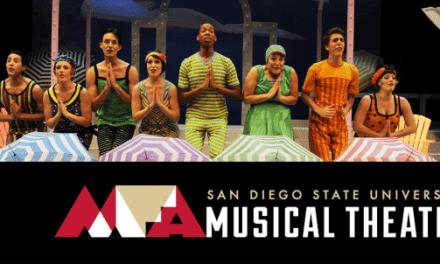
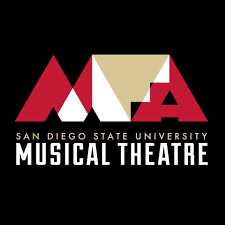








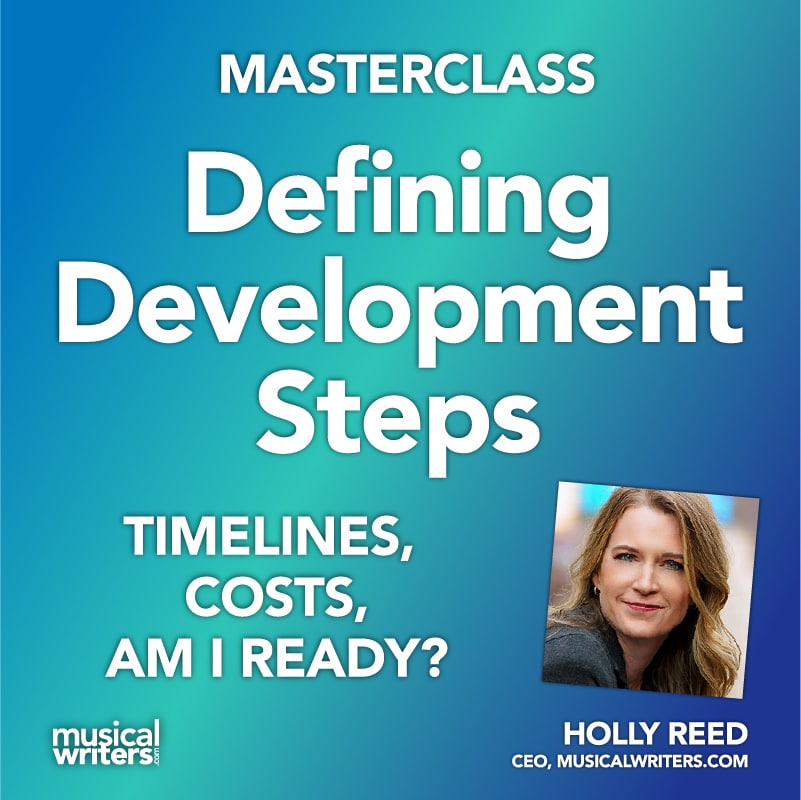




This is a good opportunity for music students of Berklee College.